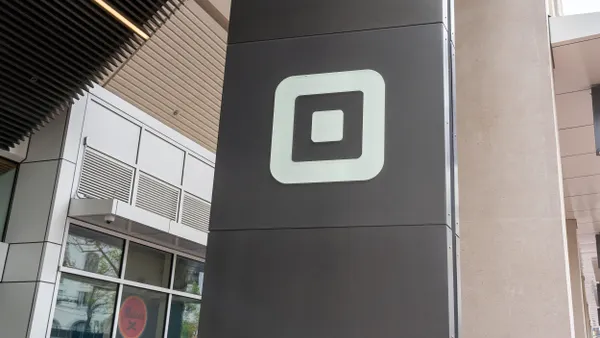AI robots are coming for expense accounts – and fintech startup Ramp has raised $700 million in less than two months to help speed the adoption of automation tools in corporate finances.
The expense management software company said in a Wednesday press release that it raised $500 million to fund its artificial intelligence investments, less than six weeks since the company collected $200 million from venture investors. The fresh funding gave Ramp a $22.5 billion valuation.
“So, why are we raising another $500 million? (just 45 days after our last round)?” Ramp’s co-founder and CEO, Eric Glyman, wrote Wednesday in a blog post explaining the startup’s reasoning on capital. “Because we’re at a unique moment in finance. A new beginning.”
The funds will help Ramp “pick up the pace,” he wrote.
“Once you’ve seen an agent automatically rebook your hotel if the price drops, the days of back and forth between you, your manager, and travel support feels impossible,” Glyman wrote.
The company released its first AI-powered autonomous finance agents in July. The bots are built for “real-world policy enforcement, fraud detection, and policy improvement,” Ramp said in a prior July 9 blog post.
New York-based Ramp – like rivals that include Airbase, BILL and Brex – offers corporate clients tools that handle tasks such as expense management, accounting, travel and procurement along with corporate cards and software to analyze and optimize corporate spending.
Ramp has raised $1.9 billion in venture funding since it was established in 2019, according to the release.
Investment firm Iconiq Capital led the funding round, along with the firms that invested in June and seven new investors that included Emerson Collective, the investment firm founded by Laurene Powell Jobs, the wife of Apple’s late co-founder; GV (Google Ventures); and T. Rowe Price Associates.
“We believe Ramp is leading in agentic AI and setting the standard for what AI-powered finance can look like in the coming years – at a defining inflection point in their journey,” Roy Luo, an Iconiq general partner, said Wednesday in a statement emailed by a Ramp spokesperson.
AI agents will assume the “busywork” of many finance functions in 2026, Glyman wrote, using the example of a traditional approval process for an employee’s $5 latte. The manual process requires 14 minutes and $20 of human intervention cost for questions, approvals, audits and coding of the coffee expense.
“Scale that across 2,000 swipes a month and your finance team is trapped in an endless loop of micro-decisions,” he wrote.
In 2027, finance AI will begin handling contracts, which traditionally have flowed from one person to another in corporate procurement, from a vendor to the procurement department, then to legal and finance, ending with a purchase order and the company’s payment, Glyman predicted.
AI agents will start handling these workflows in a parallel process, with procurement schedules reduced from a week or more to minutes, according to Glyman. “Why can’t legal, risk, and procurement copilots review the same request at once?” he wrote.
Ramp is “an exciting addition,” to GV’s fintech portfolio, a partner at the investment firm, Elena Sakach, wrote in a LinkedIn post.
“Core finance operations remain stuck in decades-old legacy systems,” Sakach wrote. “Ramp is changing this by executing on the everyday well. This has fueled their rapid evolution beyond a corporate card into a new-aged financial operations platform.”













